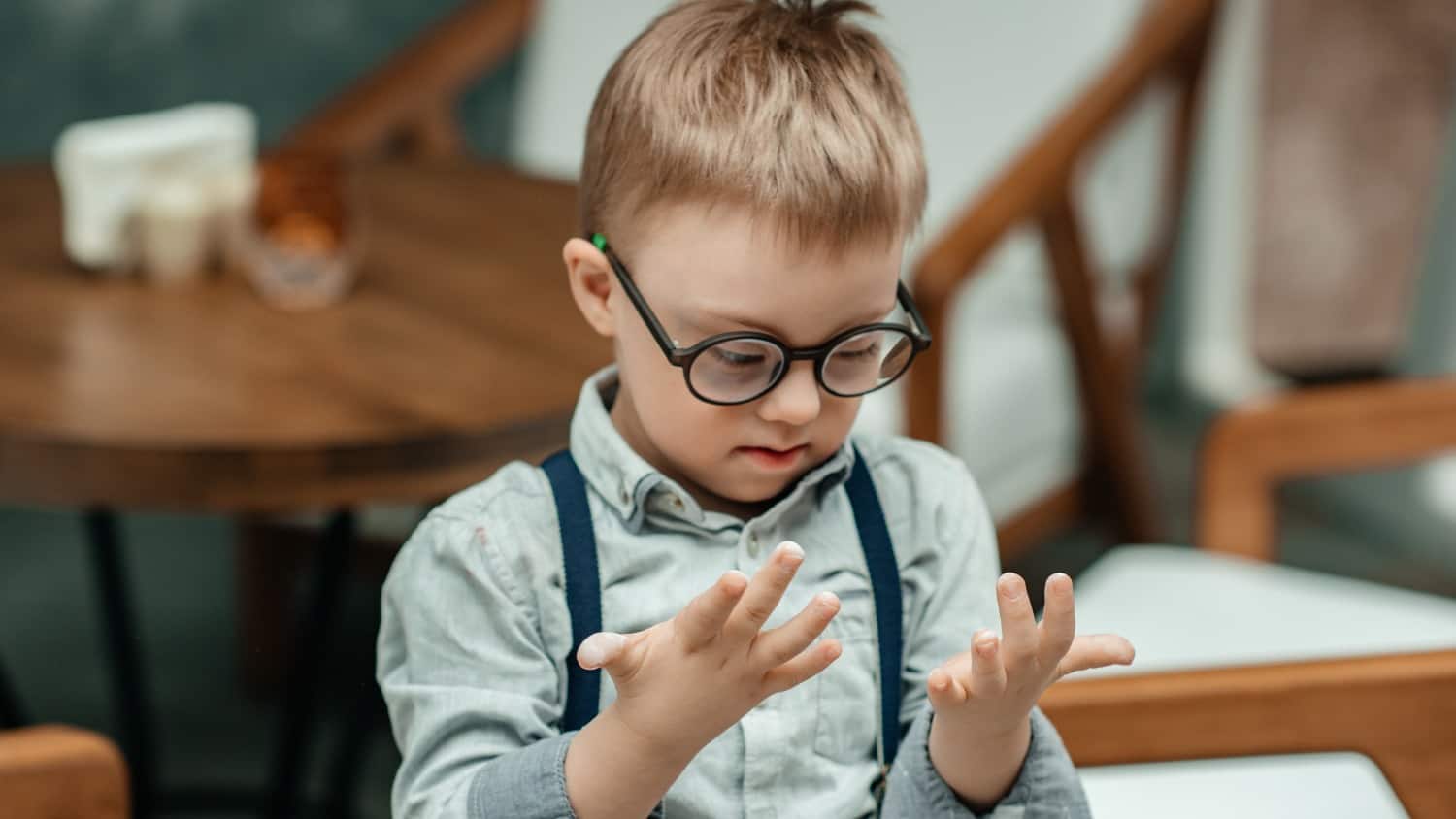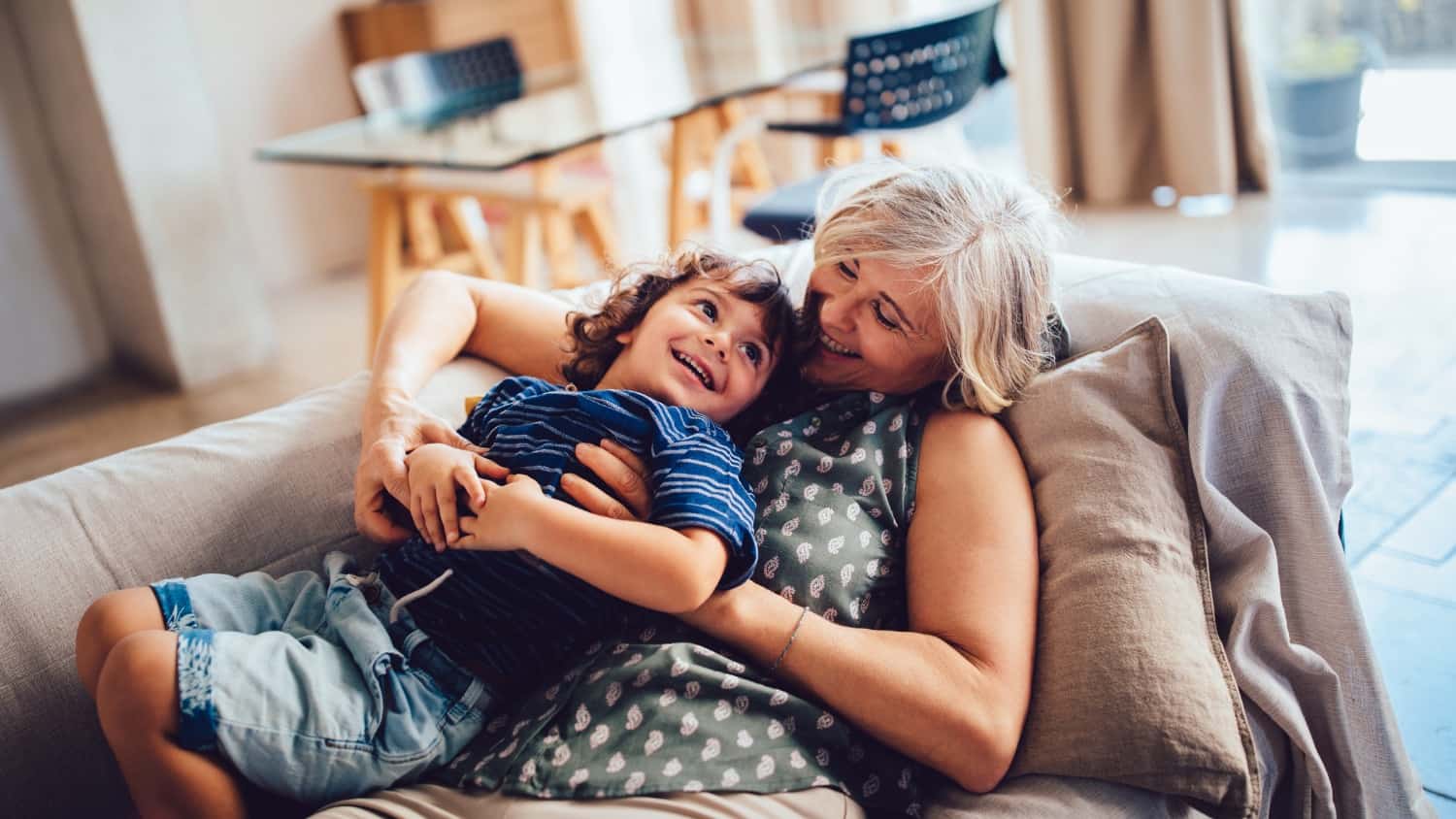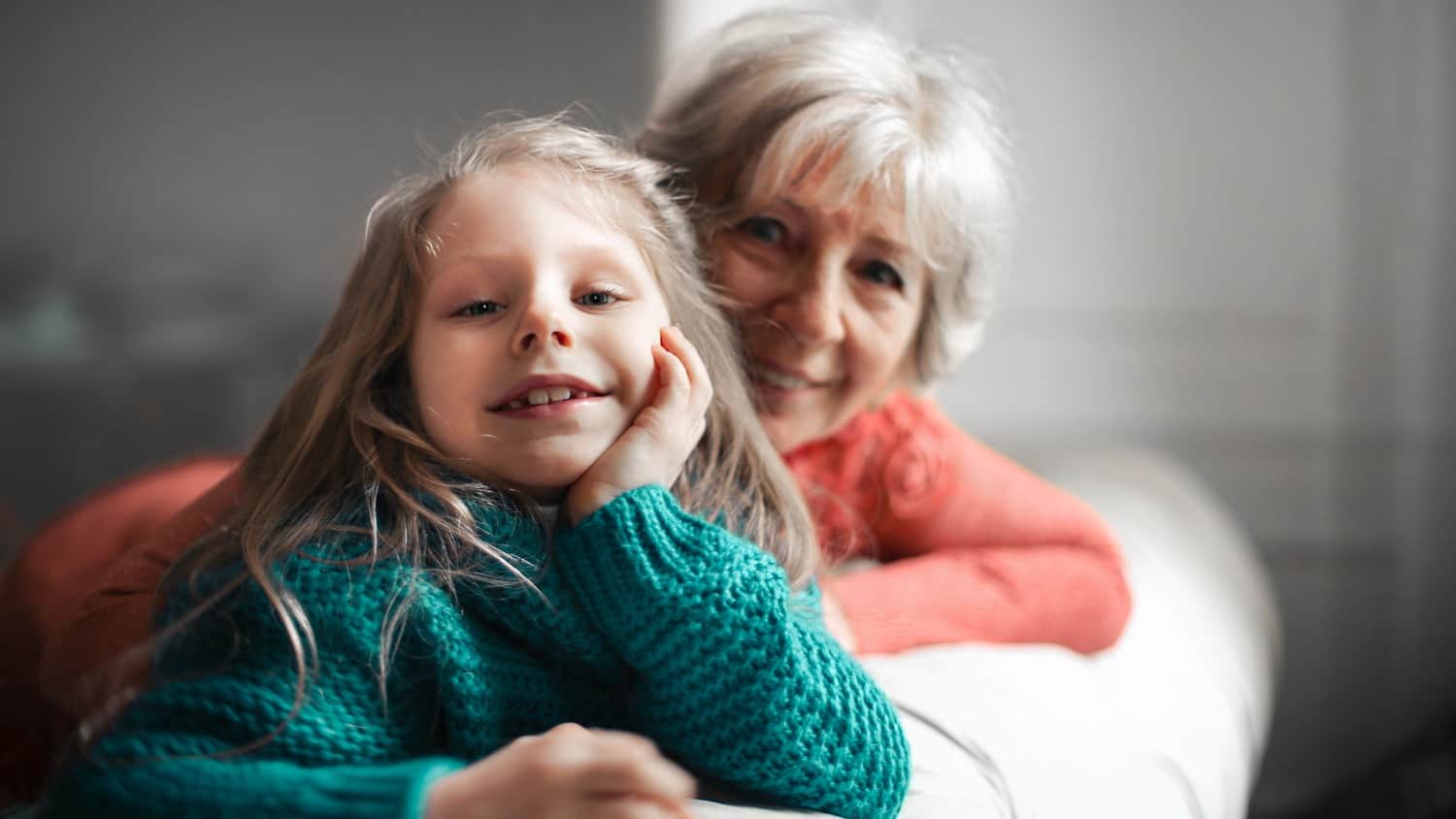
What You Should Know if Your Grandchild Is Born Different
When your cell phone rang and you saw the call was from your son or daughter, you were full of heart fluttering anticipation. You had been waiting so long to hear the words, “Mom, you are going to be a grandmother.”
Immediately, you began to have visions of cuddling a new baby. Trips to the park. Bedtime stories. Spoiling your grandchild as only a grandmother can do and get away with it.
As the pregnancy months wore on, you bought adorable baby clothes and the cutest educational baby toys.
Then, your world and that of your son or daughter, stopped. The call may have come during the pregnancy or the news was only shared after the birth.
Your grandchild had been born different. It may have been a cleft palate; a missing limb; spina bifida or any one of hundreds of birth defects you have never heard of.
How You Can Help Your Children Cope
Your first questions were: “Why did this happen? How can I help? What does this mean for my grandchild’s future?”
Your son or daughter will be dealing with so many issues and so much stress that you can help by becoming their liaison to information and resources.
First, you can learn more about your grandchild’s condition. At Birth Defect Research for Children (BDRC) you can download a fact sheet that will give you easy-to-understand information about your grandchild’s condition.
If your grandchild has a very rare condition, you may also want to contact the National Organization for Rare Disorders that also has fact sheets on uncommon genetic and chromosomal disorders.
The Importance of Connections
Often, the best way to help your children cope with a child that has been born different is to connect with other families who have children with the same conditions.
You can find many support groups on Facebook and the Support Group Center at the BDRC. Connecting with other families who have been through – or are going through – the same challenges can be the most important way to move forward.
There’s also a national Parent Matching Program that can link your family to others who have children with the same conditions. The Genetic Alliance is another good resource that can connect you to advocacy programs and resources for genetic conditions.
Why My Child? Every Parent’s Question
Then there is the “why” of birth defects. Every mother, father, and grandparent asks, “Why did this happen?” It is a natural question and not to be dismissed lightly since “every birth defect has a cause.”
Some birth defects are genetic and may be inherited through autosomal dominant, autosomal recessive, or X-linked modes.
The majority of birth defects (up to 80%), however, are not genetic, although genetic predisposition may play a part. These birth defects may be caused by many factors: maternal illnesses like diabetes; viruses; nutritional deficiencies; exposure to certain medications, radiation, or environmental toxins.
Families who are asking why their child or grandchild was born with birth defects can enter their case in the National Birth Defect Registry, an online research project developed by seven scientists to help identify the unknown causes of birth defects.
Practical Advice
Your acceptance is the most important way to help your grandchild with physical differences build self-esteem. When other children ask uncomfortable questions, the best course of action is to be very matter-of-fact.
Explain that this is just the way your grandchild was born. You will learn that many children without birth defects are concerned about their differences too.
Once, I was asked to speak to all the first grade classes at a nearby school. A young lady with an arm missing from just below the elbow had been transferred in after the start of the school year. The other children were teasing her, especially on the playground when all the first grade classes were together.
I thought and thought about how I could get the other kids to see that she wasn’t really that different from them.
Goldilocks and the Three Bears
Then, I had an idea. I am blonde (Goldilocks) and used to teach kindergarten, so I knew nursery stories (Goldilocks and the Three Bears) could be very instructive. I bought three teddy bears. I put glasses on one, a makeshift hearing aid on another, and I shortened one arm on the third bear.
I put the bears in a red wagon and off to school I went. All the kids could relate to the bear that wore glasses. Many kids also had a grandparent with a hearing aid.
When I talked about the bear with the short arm, I passed out pictures of kids with short arms riding bikes, in Halloween costumes, at ballet recitals, doing regular kid things.
Then I explained that some kids are born needing glasses or a hearing aid or with a short arm. How would they feel if the other kids made fun them?
A little boy with bright red hair raised his hand. He said, “I know just how they feel. The other kids make fun of my hair.”
After that day, the little girl with the short arm didn’t have any more problems on the playground. You can help make this happen for your grandchild. It’s all about perception and acceptance.
Do you know a child who was born different? What is their disability? Is the child in your family? Have you looked for information to help the parents cope? What resources did you find? Have you reached out to organizations to provide assistance with school adaptation? Please share your experience and any practical advice that you have.
Tags Grandchildren






